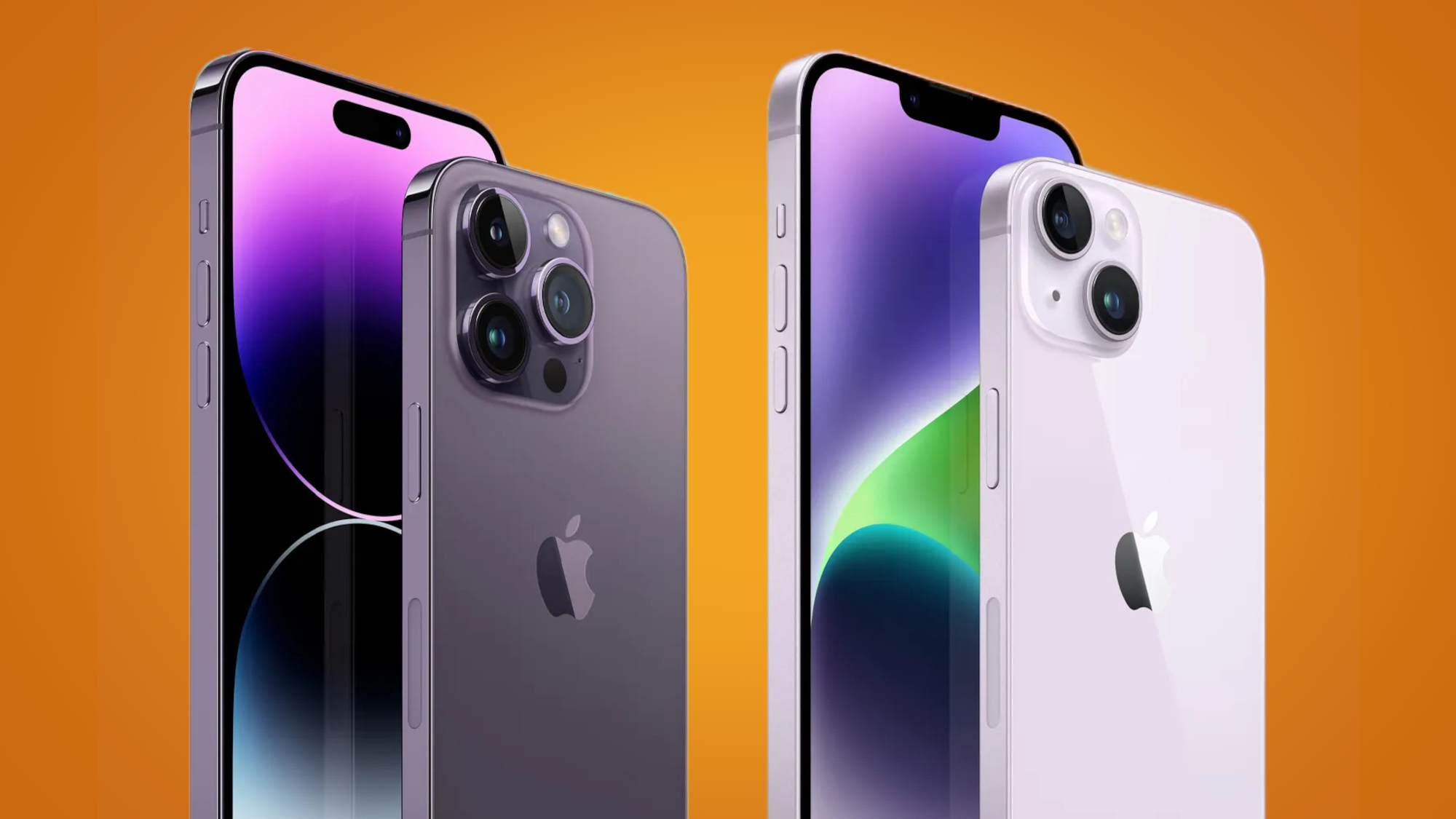
Apple looks set to debut the iPhone 15, iPhone 15 Plus, iPhone 15 Pro and iPhone 15 Pro Max in September this year, but we’re quietly confident that we already know what each new phone will bring to the mobile table ahead of their respective reveals.
Of course, Apple may yet pull the rug out from under our predictions, but the iPhone 15 rumors and leaks have been so consistent in recent months that we’re comfortable making pre-emptive comparisons between the iPhone 15 series and Apple’s current best iPhones.
With that in mind, we’ve put together this list of reasons not to buy the iPhone 15 if you already own a top-tier iPhone (which, by and large, we consider to be any iPhone from the excellent iPhone 13 or iPhone 14 lines). Or, to put it another way, these are the reasons why the iPhone 15 series could leave you disappointed.
Before that, though, a disclaimer: the iPhone 15, iPhone 15 Plus, iPhone 15 Pro and iPhone 15 Pro Max will almost certainly be the best iPhones ever made, and this article isn’t intended as a blanket criticism of iPhones we haven’t yet seen.
We’re confident, for instance, that all four devices will offer USB-C connectivity, refreshed designs, better cameras and better battery life than their respective predecessors, and if any one of those elements is critically important to you, then you should certainly consider upgrading come September.
But because the company’s current models are already so technologically advanced, there will almost certainly be things that Apple’s next iPhones don’t improve on, which is a fact worth bearing in mind amid the annual iPhone hysteria.
1. The displays are staying the same
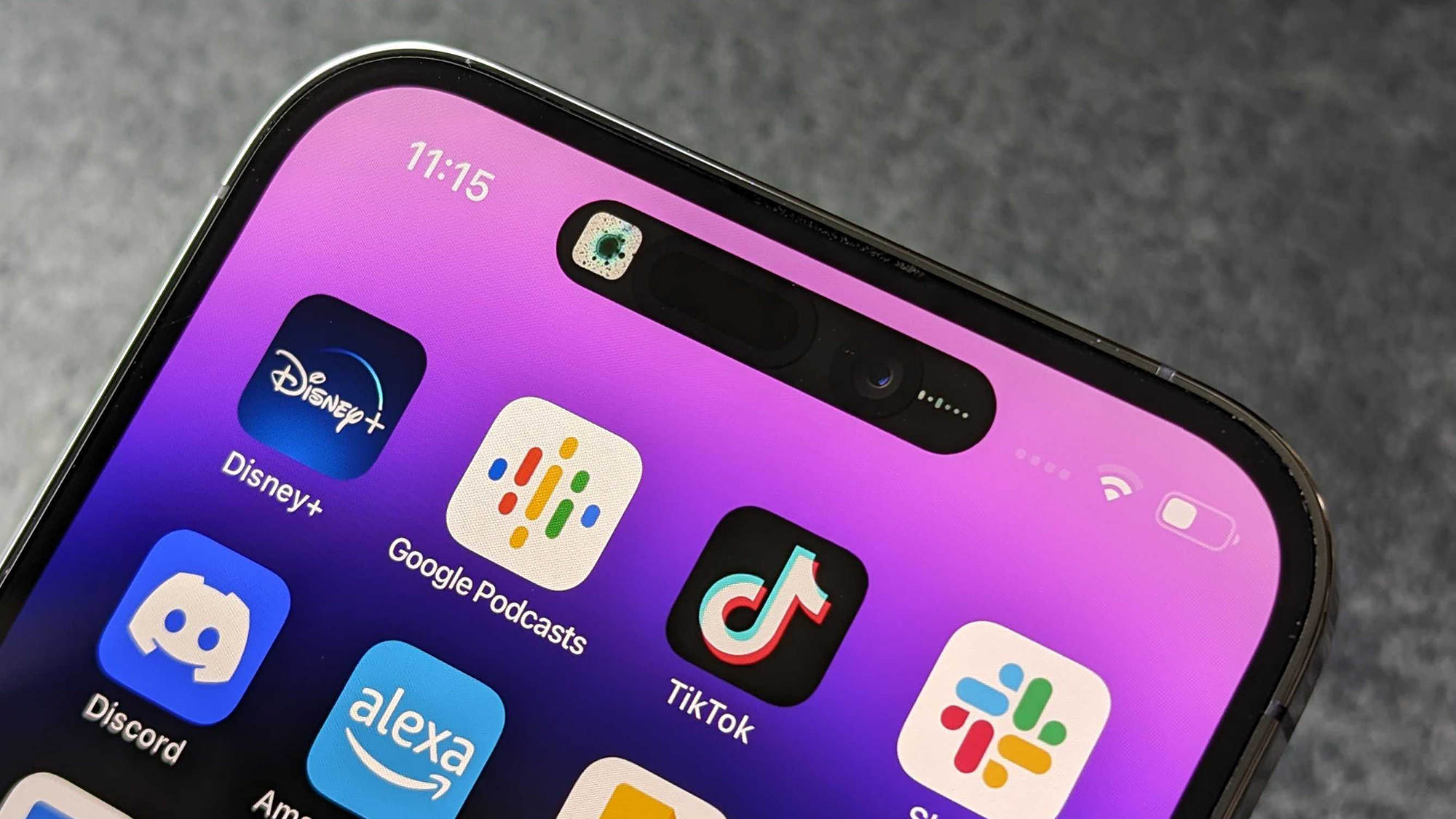
Beyond the addition of the Dynamic Island – Apple’s fancy screen cutout – on the standard iPhone 15 and iPhone 15 Plus, every model in the iPhone 15 lineup is expected to keep the same display as its predecessor.
The standard iPhone 15, for instance, will likely maintain the iPhone 14’s 6.1-inch Super XDR OLED display, offering the same 2532 x 1170 pixel resolution and static 60Hz refresh rate. The iPhone 15 Pro is likewise expected to stick with the 14 Pro’s 6.1-inch Super Retina XDR OLED screen – which offers a 2556 x 1179 pixel resolution and an adaptive 1-120Hz refresh rate – while the iPhone 15 Pro Max also looks set to maintain its predecessor’s 6.7-inch equivalent.
To be clear: these are all truly excellent displays – but for the most part, they haven’t been improved since the iPhone 13 line, and the iPhone 15 line isn’t likely to change that. So, if you’re someone who's excited by the prospect of a brighter, more vibrant iPhone screen (if such a thing is even possible), you’ll probably have to wait at least another year.
2. Don’t expect tangible performance increases
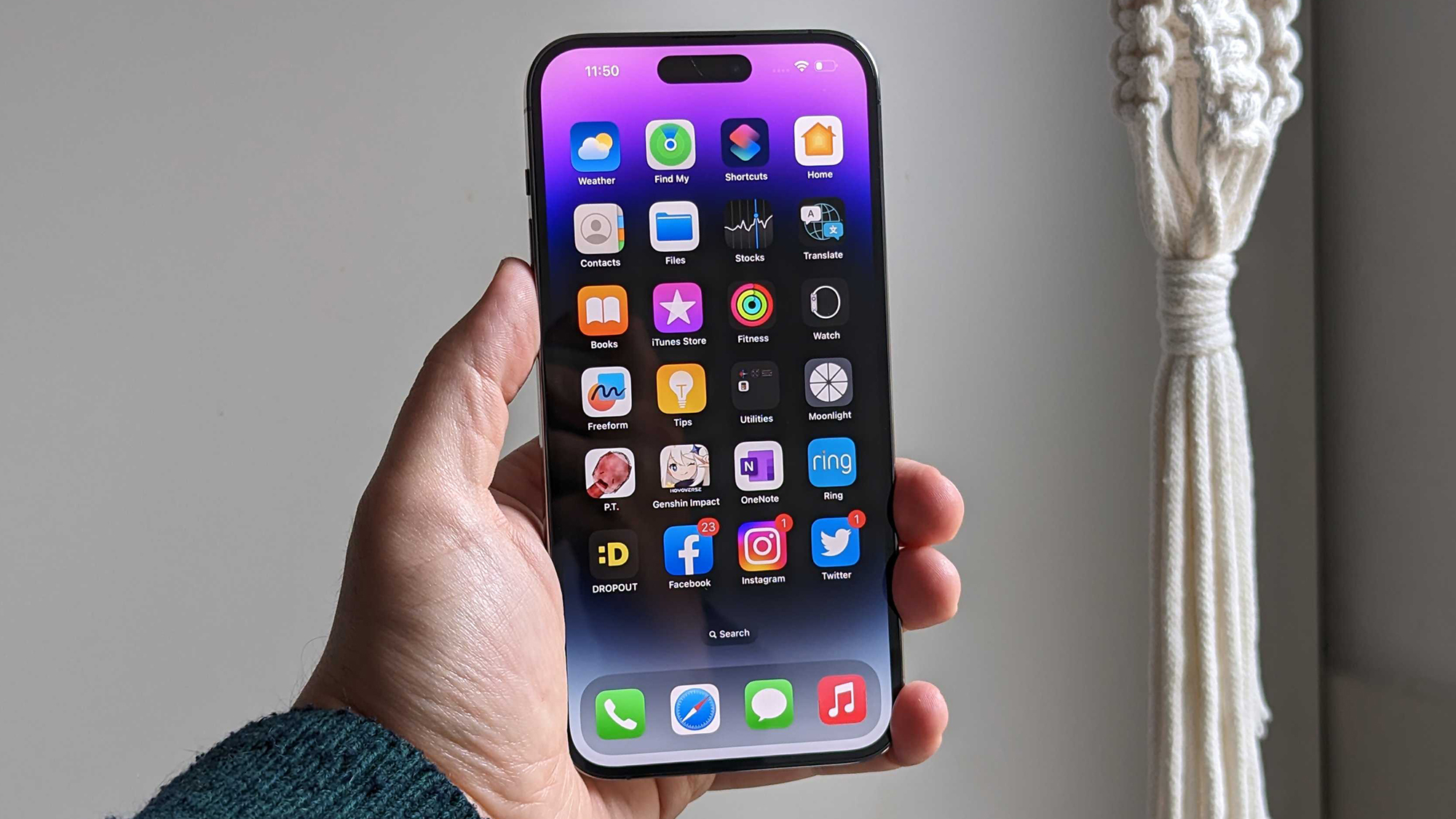
Make no mistake, the iPhone 15, iPhone 15 Plus, iPhone 15 Pro and iPhone 15 Pro Max will all pack lightning fast processors, with the former two phones expected to inherit the A16 Bionic, and the latter two all but certain to get the A17 Bionic (which could boast benchmark scores to rival Apple’s best MacBooks).
However, Apple’s annual chipset upgrades have now become more about longevity than actual, tangible performance increases. Most top-tier iPhones remain exceptionally speedy devices capable of juggling myriad apps at any one time, and the iPhone 15 isn’t likely to feel any faster than, say, the iPhone 13 Pro.
It goes without saying that iPhones equipped with Apple’s A16 and A17 processors will outlast those with older-gen chipsets, but we’re talking about marginal differences in power here. iPhones are famous for maintaining strong performance levels long after they’ve been replaced by new-gen models, and you shouldn’t be thinking about upgrading to the iPhone 15 (or one of its siblings) from one of the current best iPhones just because you want a faster, smoother mobile experience.
3. The price will be higher than ever
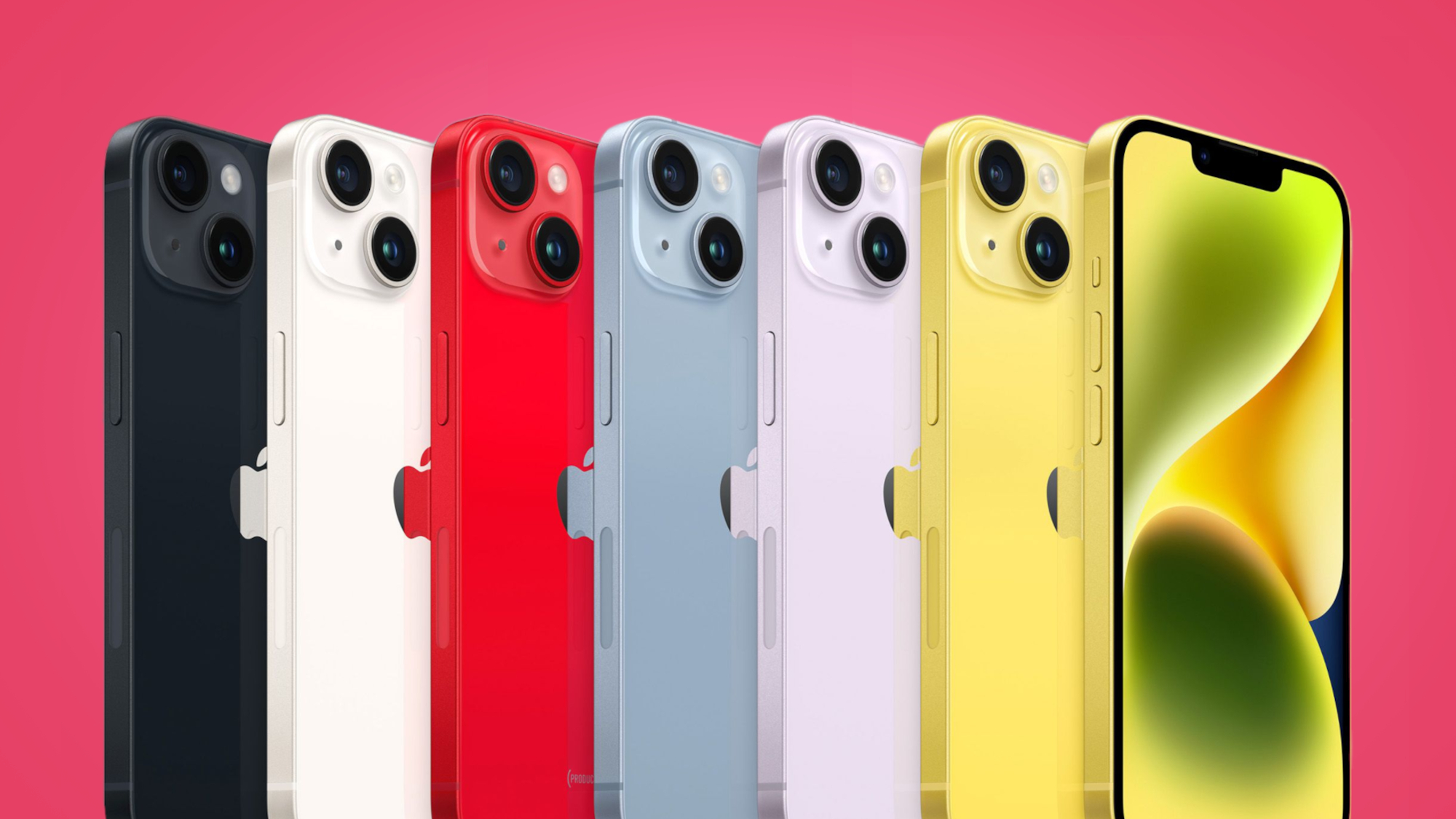
As we alluded to earlier in this article, the iPhone 15 line will still bring valuable design, camera and battery life upgrades to the table – but they’ll come at a cost.
We're confident that Apple will be raising the prices of every phone in the iPhone 15 line versus their respective predecessors. According to one prominent leaker, the iPhone 15 will be 12% more expensive to produce than the iPhone 14, while the iPhone 15 Pro will be a whopping 20% more expensive to produce than the iPhone 14 Pro. Neither figure bodes well for the production cost of the inevitably-more-advanced iPhone 15 Pro Max, and these increased costs will surely impact the purchase price of all four iPhone 15 models.
Incidentally, a series-wide price increase for the iPhone 15 line would mark the first of its kind in the US since 2017. International markets have seen price increases as recently as last year’s iPhone 14 line, owing to heightened VAT (value-added tax) costs, but consumers in these regions look set to be negatively affected again, too.
With that in mind, the question of value for money will be even more important with the iPhone 15 series – especially as its announcement will inevitably encourage price drops for existing iPhone 13 and 14 models, which (as we’ve mentioned) are excellent phones.
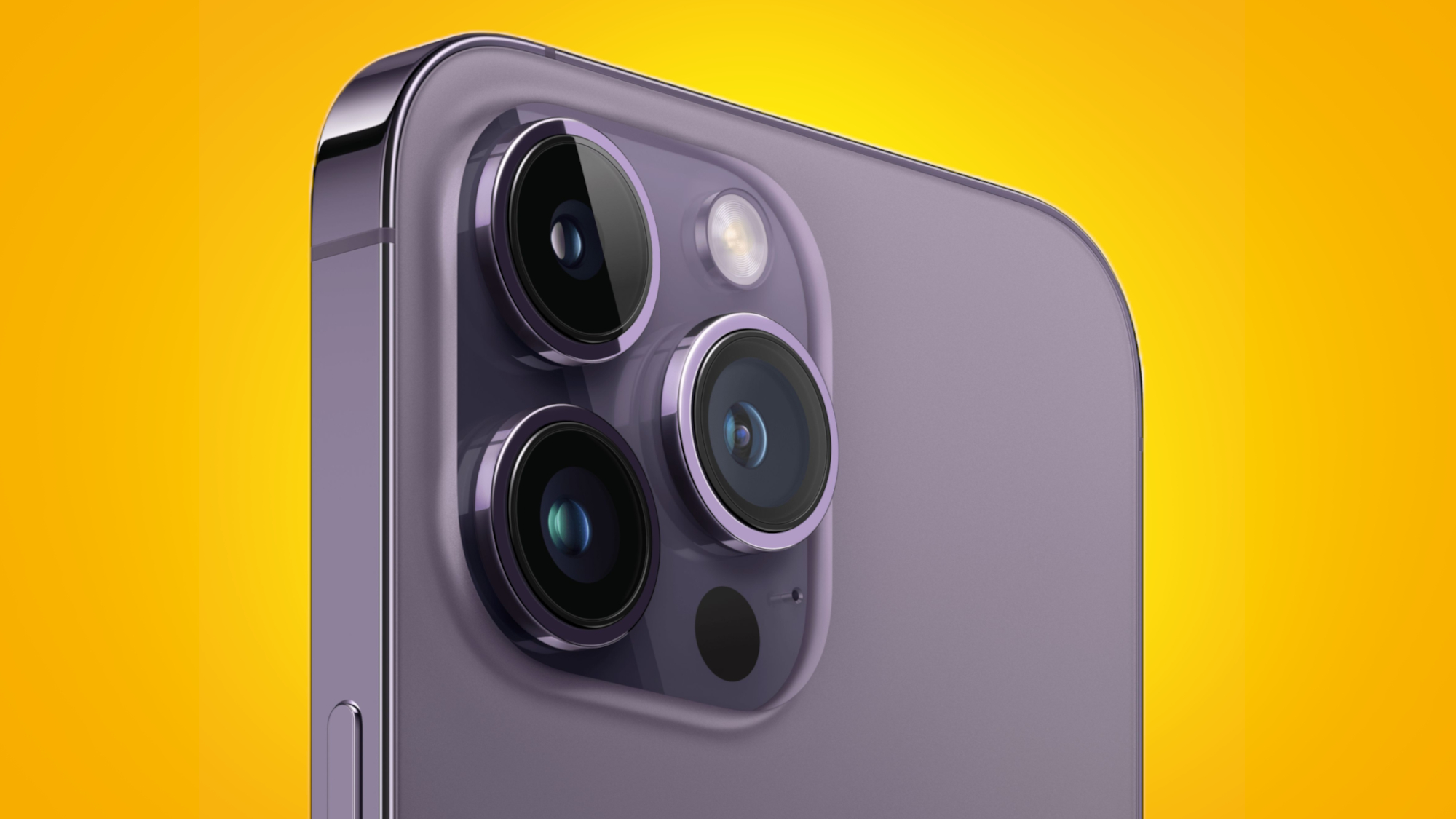
Just how much will the iPhone 15 and its siblings cost? We can’t know for sure, but if we accept that every model will be more expensive than its predecessor, the starting price of the standard iPhone 15 will be higher than $799 / £849 / AU$1,339.
As for the Pro models, we're expecting Apple to do away with 128GB storage options for the iPhone 15 Pro and iPhone 15 Pro Max this year, so the former will surely start at a higher price than $1099 / £1,209 / AU$1,899 (i.e. the price of the 256GB variant of the iPhone 14 Pro), while the latter will likely cost more than $1,199 / £1,309 / AU$2,099 (i.e. the price of the 256GB variant of the iPhone 14 Pro Max).
Will the upgrades heading to Apple’s new iPhones justify these expected jumps in price? We won’t know for sure until we’ve got our hands on the phones themselves – but if you’re someone who’s already happy with your iPhone’s display and performance credentials, then you might want to think twice about shelling out on a shiny new iPhone come September.







